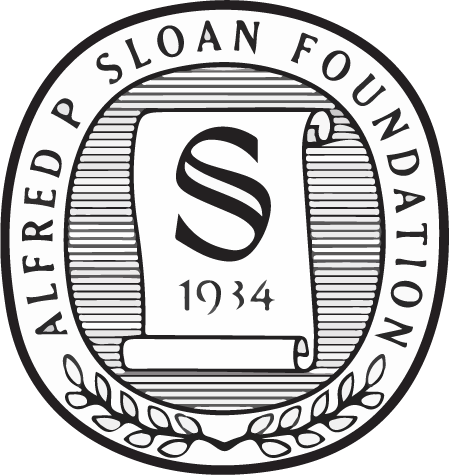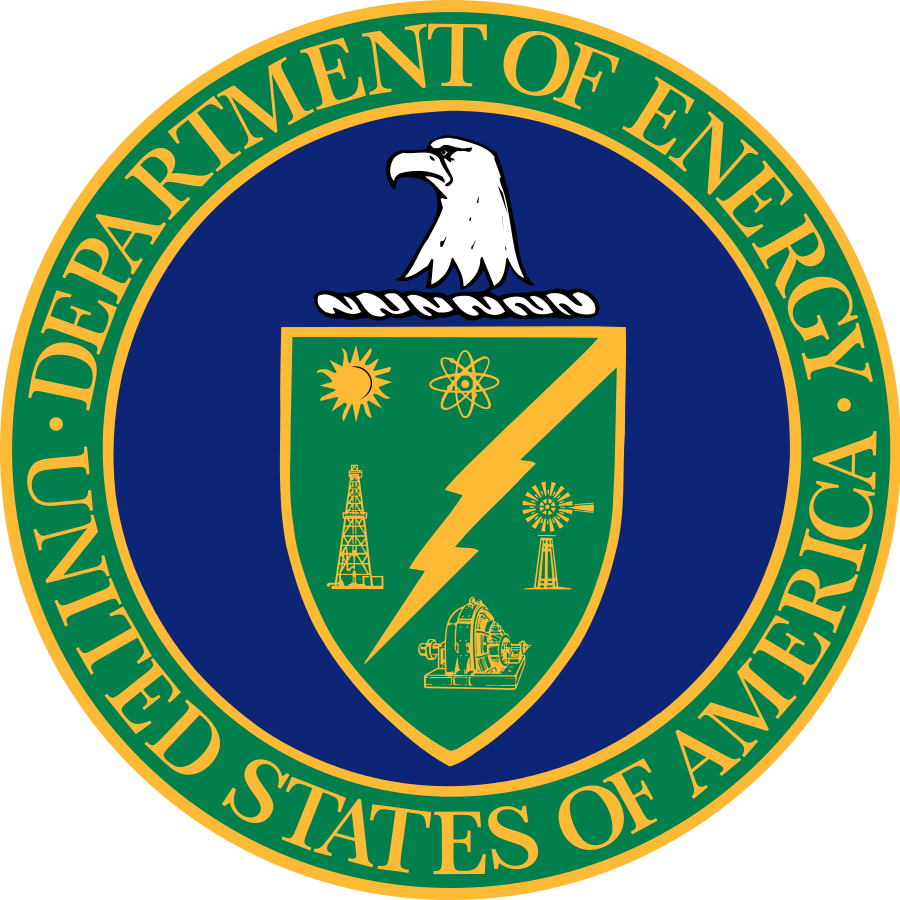APOGEE-1 Ancillary Targets
This page contains information about ancillary targets in APOGEE-1 targeting. See the APOGEE-2 Special Programs page for information about APOGEE-2 ancillary targets.
Ancillary targets are selected to meet additional science goals while ensuring that each spectroscopic plate observes all targets. These pages describe how to find targets associated with each APOGEE-1 ancillary science program.
How to find spectra for Ancillary Targets
Information about whether an APOGEE-1 target was selected for one or more ancillary science programs is included in the targeting flags APOGEE_TARGET1 and APOGEE_TARGET2.
These parameters, like all SDSS flag data, are stored as bitmasks. For more information on how to work with such data, see the description of SDSS bitmasks. To learn which bitmask values correspond to which ancillary science programs, see the individual program pages below, or the table of bitmask values for the columns APOGEE_TARGET1 and APOGEE_TARGET2.
Once you have identified which targets you want, retrieve spectra for those targets the same way as any other SDSS spectra: individually through the SkyServer Navigate and Explore tools, and collectively through SkyServer search tools, the CasJobs batch interface, or the Science Archive Server.
See Zasowski et al. 2013 for a complete description of all APOGEE targeting.
Ancillary Target Selection
This page describes APOGEE's ancillary targets in general; the pages linked from the list below describe how targets were selected for specific ancillary targeting programs. Ancillary targets were requested in multiple calls for proposals made to the SDSS-III collaboration, and DR16 contains targets from proposals accepted in all calls.
Ancillary programs range from those that just use a few fibers on already-planned APOGEE fields to some that involve entirely new plates. The fraction of ancillary targets per field thus ranges from 0-100% (but is generally very small, except for the dedicated "new" fields). Fibers were allotted such that ancillary targets used approximately 5% of APOGEE's total fiber-visits. Ancillary targets were given high priority on plates, above the main survey sample, because of their small numbers and high science impact.
APOGEE-1 Ancillary Science Programs
APOGEE-1 Dark-Time Science Programs
In addition to the anticipated ancillary opportunities during APOGEE's bright time, SDSS-III issued a call for proposals to fill some additional dark time made available in late 2013 and early 2014, as a result of the BOSS survey finishing earlier than expected. Along with some of the ancillary projects listed above, the following programs received APOGEE observations during this time.
The DR16 documentation includes an index of the values of APOGEE_TARGET1 and APOGEE_TARGET2 that correspond to each additional APOGEE target program.


